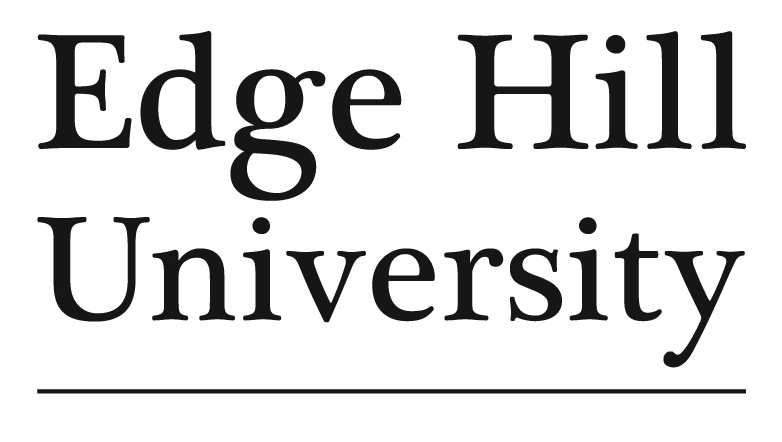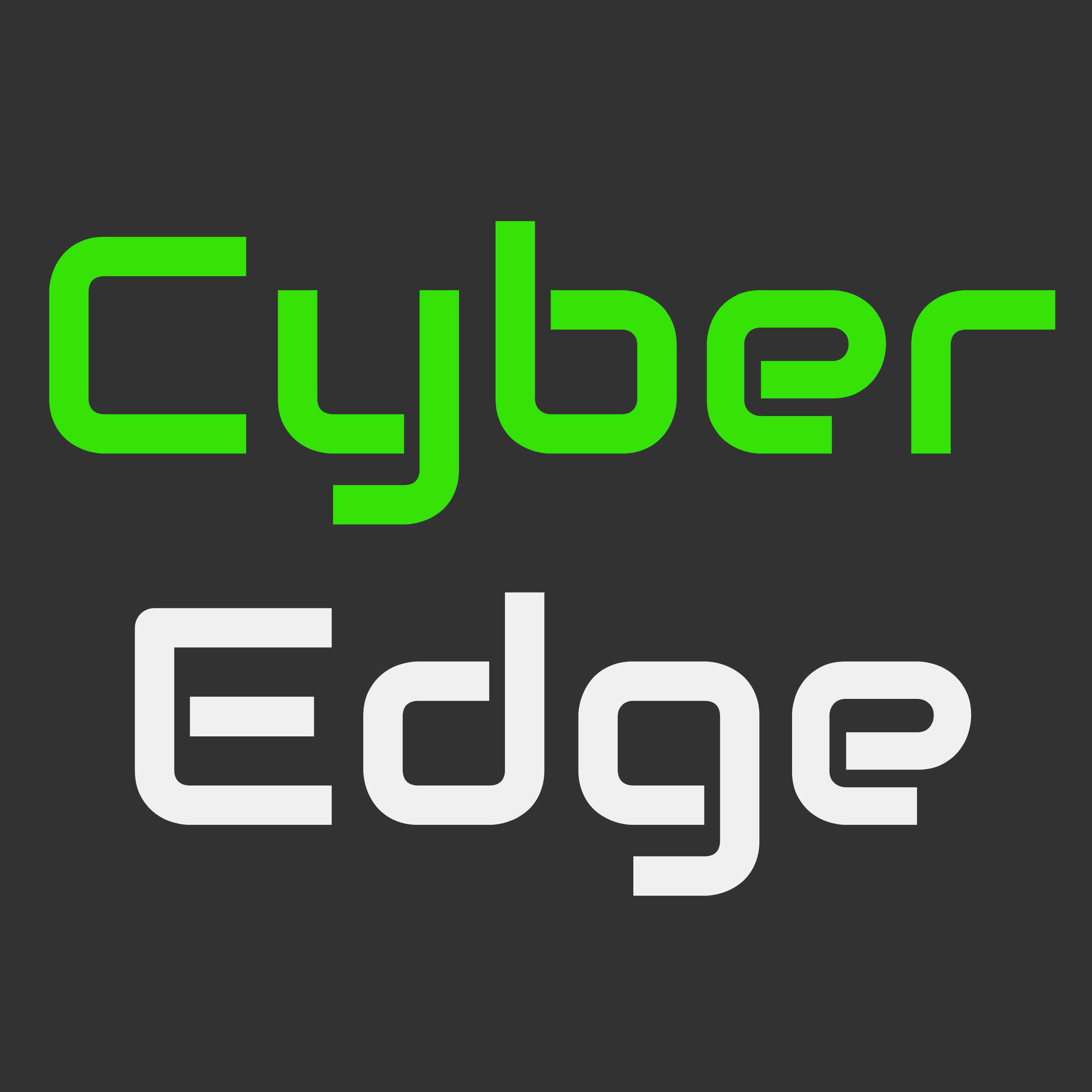The Learning and Consulting Framework (LCF)
The learning and consulting framework is a benchmark for how the activities undertaken by students using the PBL scenarios are aligned to the real-world activities. The video below will look at the framework at a greater depth.
Introduction to the Cyber Security Knowledge Exchange (CSKE)
The Cyber Security Knowledge Exchange (CSKE) project is about addressing the lack of skilled cyber security professionals and inadequate information security practices in SMEs. This video will go through the project into greater depths and what aims the project will achieve.
What is the Knowledge Exchange Model?
The Knowledge Exchange Model (KEM) consists of 4 phases. It shows the generation of problem based learning scenarios that show the journey of not only the academics and the students.This video will go through the different stages of the model.
The video below is an interview with Michael Banford the Knowledge Exchange & Enterprise Manager for Edge Hill University. He is the project manager for the CSKE project and worked heavily within the initial stages of the project getting SMEs on board with the project and hiring the student team.
What is Problem Based Learning (PBL)?
PBL provides a scenario with context including a real world problem. Students independently research gaps in their knowledge, the PBL learning process focuses on primary concepts. This video will look into PBL at a greater depth and explain the various benefits and considerations.
Below is the first part of an interview with a senior lecturer at Edge Hill University regarding PBL. Chris explains what the purpose of PBL is, the fundamental differences from standard academic teaching and ensuring a balanced effort within a group.
In the second part of the interview Chris discusses some of the benefits to PBL and how a facilitator should lead a session when teaching using PBL. He iwll discuss how group work is assigned and how a facilitator should prompt students if they need help.
LCF and PBL1 Secure Public Surfing: Public Open Wi-fi
This video will look at an in-depth analysis of the first PBL scenario and compare it to the LCF
Below is a video with a facilitator that implemented some of the PBLs into a current module he was teaching at Master level. Here is his view
The following video will look at the student perspective on the Incident Response PBL that they have studied and their views in comparison to traditional academic teaching and a look into teamwork in the groups.
Part 2 of the student interview looks at the balance of teamworking within the PBL and the general opinion and feelings in response to the facilitators approach to PBL and developing the knowledge required.
In the 3rd part of the student interview the students discuss the employability aspects of the PBLs and most importantly the individual learning styles. It also looks at some of the considerations when tackling PBL.
Project Documentation
The following documents can be used as a guide when creating your own PBL scenarios.


